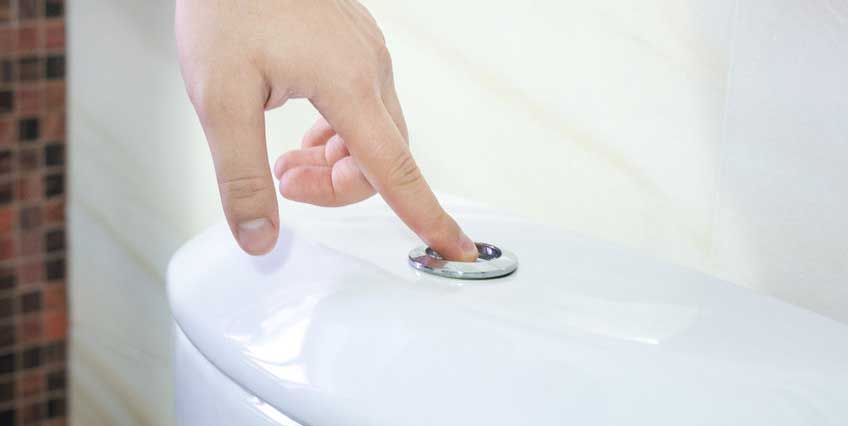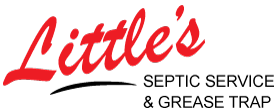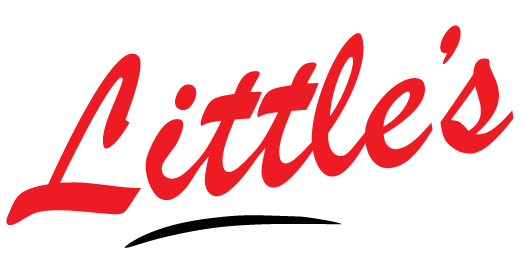
People can often view toilets, septic systems and sewers as a catch-all for anything that is inconvenient and that we want to quickly get rid of. However, these things are specifically designed to dispose of very specific materials. So dumping what shouldn’t go there down the porcelain can have very negative effects — some immediate, some long-term — on your toilet, pipes or septic system.
Here is a list of commonly flushed materials that you should avoid sending to a watery grave — in part, to avoid seeing them, and that water, again later:
- Diapers. Diapers are designed to retain liquid and it will do exactly that, instead of breaking down in water. Flushing diapers is a sure major clog waiting to happen.
- Feminine hygiene products. Same concept – these products are intended to absorb liquid and will do exactly that if flushed down your toilet.
- Baby wipes. Yes, even the ones specifically marketed as “flushable.” They don’t disintegrate the same way toilet paper does and will, over time, create an issue for your system.
- Q-tips, cotton balls, cotton pads, don’t disintegrate in water either.
- Dental floss. If you flush enough of this, either at once or over time, eventually it will create a net that can serve as a receptacle for other debris and form a seriously unpleasant clog.
- Paper towels and tissues. It’s just like toilet paper, right? Well, no. It’s all paper, but these are not designed to break down in water the same way TP does. (Ever see a Bounty commercial?)
- Cigarette butts. These don’t easily disintegrate in water and also contain toxic chemicals, which end up in your water supply if you flush them down the toilet.
- Pills. We commend everyone doing their part to prevent unneeded or unwanted pills from falling into the wrong hands, but flushing them is not the way to do it. They will eventually disintegrate, but it will be in the water supply, which could have drastic environmental effects down the road.
- Cat litter. Like wipes, some brands of cat litter are labeled as flushable, but by and large, toilets don’t provide enough water per flush to properly move the disposed kitty business through the pipes to where it needs to be. While we’re on the subject …
- Pet waste. It seems logical to get rid of this the same way you would your own waste. That said — though there are plenty of cat moms and doggie daddies out there who feed their fur babies the same thing they eat — most of the time, your animals’ diet is different from yours, and their digestive system is as well, which in turn creates, well, different waste. Water doesn’t necessarily break it down the same way it does ours. And, continuing this theme …
- Your pet fish, deceased or otherwise. As fish do not immediately break down in water, you run the risk of creating a clog that could scar small children for life. (Just kidding … but seriously, don’t do it.)
The best way to summarize this list is to say, if it isn’t nature’s calling or toilet paper, don’t flush it!

